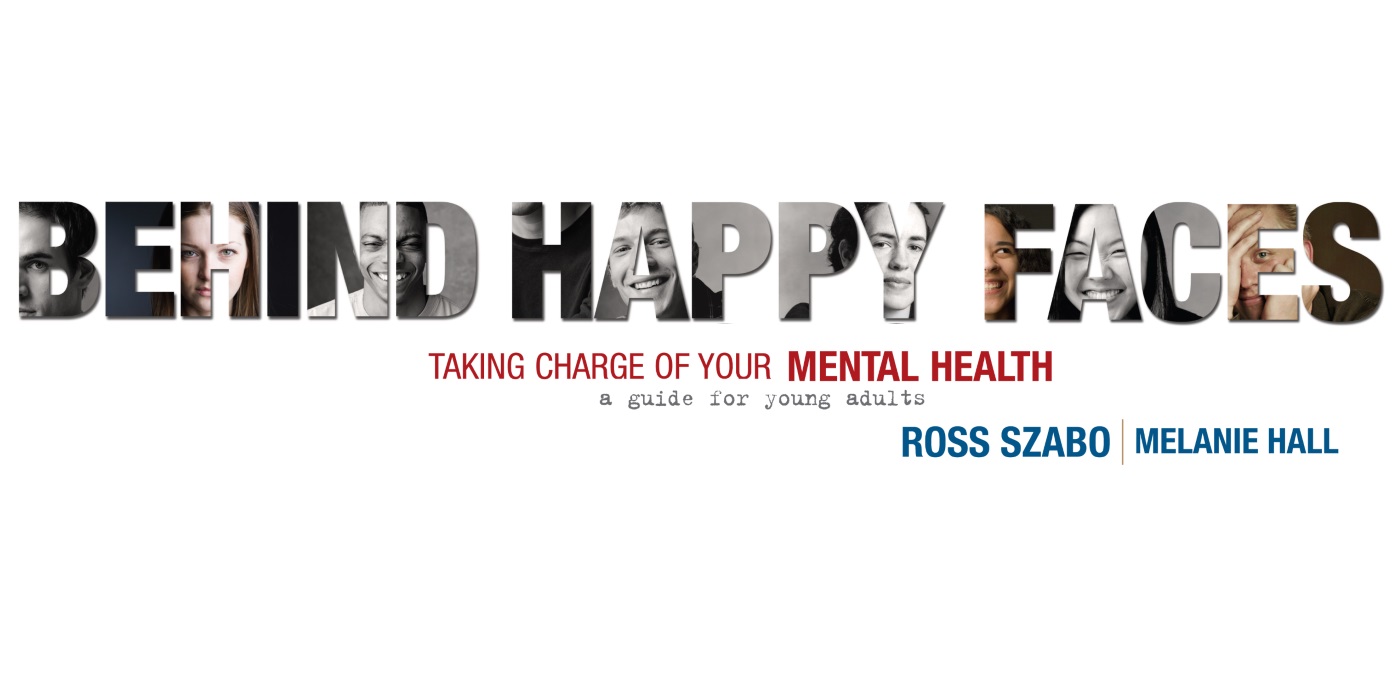Making Tough Conversations Easier
Updates from Lexington

Echoing an old song that encourages one to hide emotions behind a smile and “put on a happy face,” Hayden Mabalot (Virginia Tech) acknowledged how difficult it is to recognize the emotions that another may be experiencing. With the misleading connections created by technology, it has become even more difficult to understand those emotions. Social interaction skills require daily practice; spending more time “engaging” online than in person makes it difficult to build empathy and compassion.
“Without that face to face interaction, it also becomes difficult to recognize when someone is struggling,” said Malabot.
According to the World Health Organization (WHO), depression is one of the leading causes of illness and disability among adolescents. Aware that the mental health issues facing collegiate members were becoming more prevalent, Sigma Nu Fraternity ’s staff reached out to college administrators. When those administrators on different campuses confirmed the rise in the use of campus resources, Sigma Nu knew it had to act.
“We wanted to be proactive and ensure we were giving our collegiate members the resources to identify brothers who needed support and assistance,” said Director of Health & Safety Fred Dobry (Indiana State).
4,083 - Number of collegiate brothers who received a workshop on mental health (Behind Happy Faces) during the 2018-2019 academic year.
In 2018, Sigma Nu launched Behind Happy Faces to address this growing concern. Using a two-pronged approach, the program provides resources for both collegiate members and alumni volunteers. The Collegiate Member Program provides training via facilitated in-person lessons on understanding mental health, learning about your own mental health, changing ineffective coping mechanisms, talking with brothers about mental health, and intervening before a mental health crisis.
The Advisor Resources Series provides training and information for alumni volunteers who work directly with collegiate members. Comprised of five 5-10 minutes online modules, topics cover an overview of mental health, creating effective coping mechanisms, mental distress, warning signs and how to get help, self-care for advisors and officers, and handling crisis situations.
The program’s five lessons cover thirteen learning outcomes that were assessed before and after the training. Participants in each segment were encouraged to complete a pre- and post-training assessment. After completing the program, members reported a 20% increase across the learning outcomes, with each learning outcome experiencing an increase.
During the 2018-2019 academic year, more than 120 chapters and 4,083 Sigma Nu collegiate members participated in the Behind Happy Faces workshop. It was evident early-on that collegiate members saw the need for the program and were open to focusing on the issues.
"Realizing that we all support each other, no matter what our internal struggles may be, was very rewarding and brought us closer together as a brotherhood."
“Mental health is a topic that isn’t discussed enough, especially regarding young men, so the program was a new experience for much of the chapter,” shared Luke van Leeuwen (Virginia). “By the end of the discussion, it became clear that mental health is important because it impacts all of us in more similar ways than we thought. Realizing that we all support each other, no matter what our internal struggles may be, was very rewarding and brought us closer together as a brotherhood.”
The consequences of not addressing mental health conditions in young adults are real. They extend to adulthood, impairing both physical and mental health and limiting opportunities for our brothers to lead fulfilling lives. Mental health promotion and prevention are the keys to helping them thrive. Creating a culture in chapters where brothers feel comfortable being vulnerable and asking brothers for help when they need it is vital. Through the different conversations in chapters across the country, collegiate members were given the opportunity to look at mental health in a different way than is portrayed in the media or in society in general.
Ryan Meeks (Alabama) agreed that the workshop helped members recognize that mental health is about the overall state of mental well-being, and not strictly limited to when someone has a clear problem.
“This experience helped me further understand the impact other daily activities can have on our mental health and how it is important to do things that keep us in a good mental state for our future success,” Meeks shared. “It also brought us together as a chapter to let anyone know that if they are having any problems, mental health or other, to not be afraid to ask for help and seek out solutions to their problems.”
The opportunity to support each other and be more aware of the challenges that others are going through was something that Hayden Malabot said was a takeaway for him.
“The Behind Happy Faces Program opened my eyes to some of the problems that my brothers face in their lives and began the conversation within our chapter that we are not alone in facing them.”